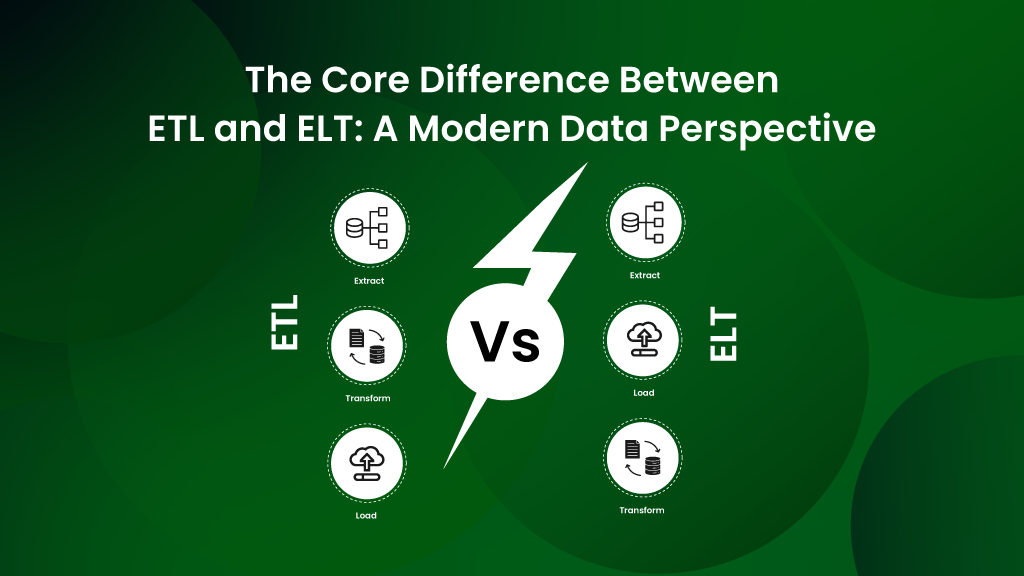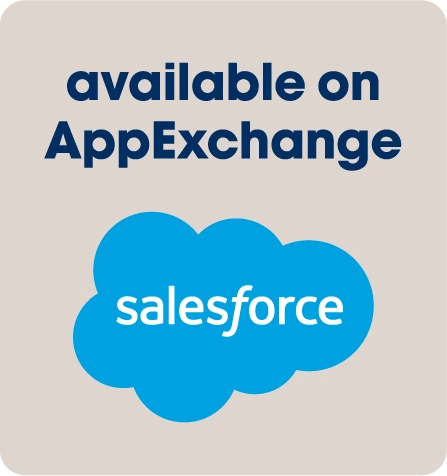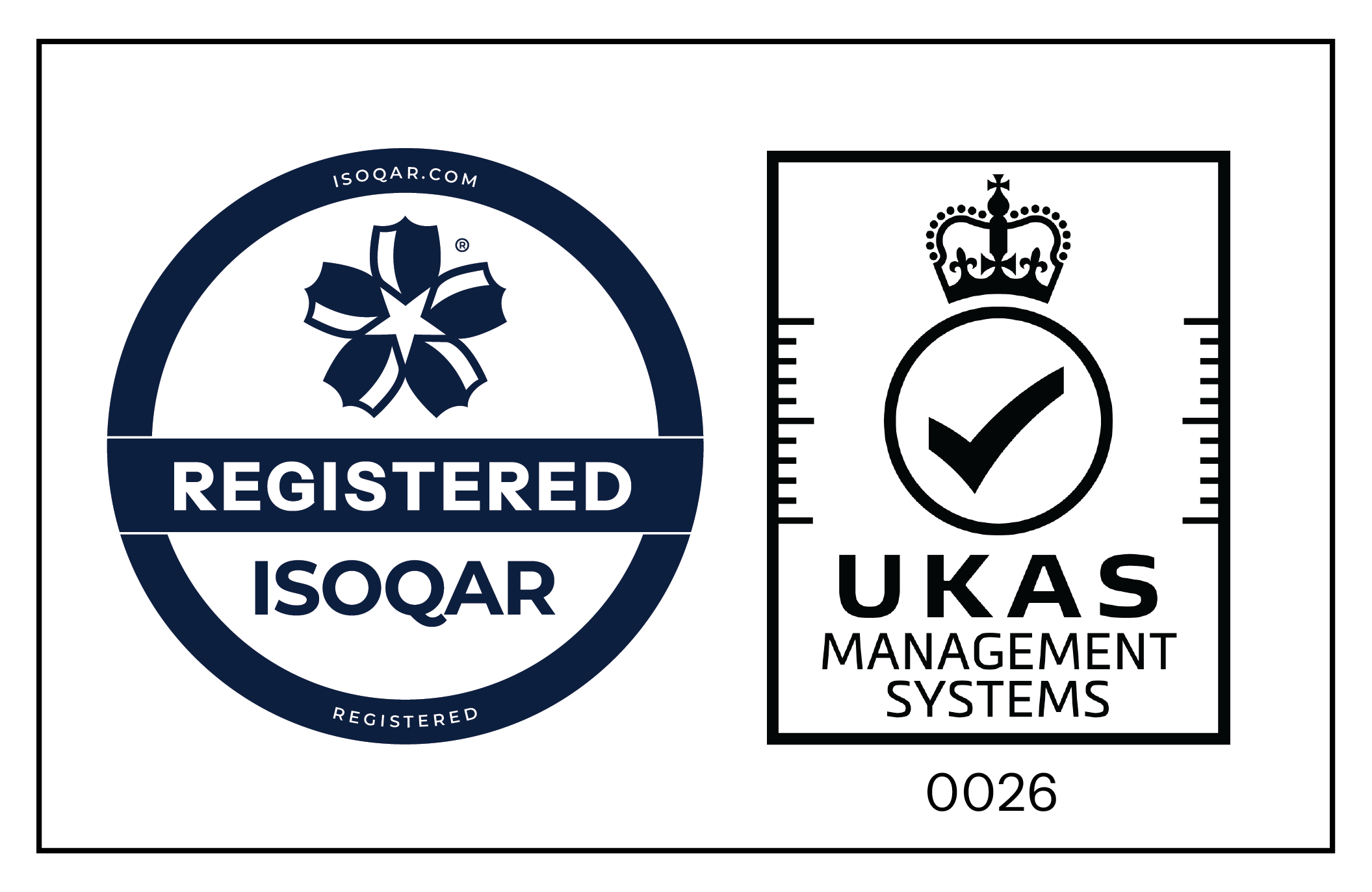“With more than two billion people using WhatsApp today, Salesforce’s new Unified Conversations for WhatsApp enables brands to connect with their customers where they are and have a single, connected, and trusted experience.”
—Steve Hammond, EVP and GM of Salesforce Marketing Cloud

The way customers interact with businesses is undergoing a radical shift. Industry analysts like Gartner predict a dramatic shift, with 80% of customer service organizations abandoning native mobile apps in favor of messaging by 2025. This trend aligns with the growing preference for familiar and convenient communication channels.
With over 2 billion monthly users, WhatsApp has become the ubiquitous platform for personal interactions, and businesses are taking notice. But how can organizations leverage this shift to deliver consistent, personalized experiences? The answer lies in a powerful integration: Salesforce and WhatsApp integration.
Salesforce WhatsApp Integration- The Top Use-Cases
The dynamic duo of Salesforce WhatsApp integration is transforming customer communication. Let’s delve deeper into practical “use cases” that showcase its true potential.
Scenario 1: Personalized Sales Support
Imagine a lead expressing interest in a product through a Facebook ad. The click triggers a pre-populated WhatsApp message with a warm welcome and a link to a relevant product brochure. The lead responds with questions.
Integration Power: The sales rep uses Salesforce to access the lead’s profile, including previous interactions and interests. Personalized responses can be crafted directly within the familiar WhatsApp interface. Product specifications, quotes, and even video demonstrations can be shared seamlessly. This creates a smooth, personalized sales journey, nurturing leads and accelerating conversions.
Scenario 2: Streamlined Customer Service
A customer reaches out via WhatsApp with a product malfunction.
Integration Power: The service agent uses Salesforce to identify the customer, purchase history, and warranty details. Troubleshooting steps or replacement options can be communicated effortlessly. The agent can even create a service case within Salesforce directly from the chat, ensuring a seamless transition and faster resolution.
Scenario 3: Proactive Marketing & Retention
A customer interacts with a brand on a social media post expressing satisfaction with a recent purchase.
Integration Power: Salesforce integration triggers an automated WhatsApp message offering a discount on accessories or related products. The customer profile in Salesforce allows for targeted promotions, fostering brand loyalty and encouraging repeat business
Why Integrate Salesforce and WhatsApp
1. Customer Service Like Never Before
Since customers are able to reach you on their preferred channel of communication, customers already feel a sense of ease. With the WhatsApp and Salesforce integration already in place, customer service executives can access the entire customer 360 profile to come up with immediate personalized responses, reducing the wait times by a huge amount, with the CSAT score going up the roof!2. Boosted Sales and Marketing Efforts
With the sales personnel interacting with leads in a comfortable setting, leads to building trust and speeding up sales cycles. On the marketing side of things, deliver targeted campaigns and promotions straight to customers’ WhatsApp inboxes, boosting engagement and conversion rates. Also, automate follow-up messages and initiate actions in Salesforce based on WhatsApp interactions.3. Team Productivity On The Up
With the Salesforce WhatsApp integration, access all the data that you need, like customer details, purchase history, etc. aiding users not to toggle windows, saving tons of time! With the automation of laborious tasks like sending follow-up messages, creating or closing tasks, etc. using the CRM AI Copilot, kiss wasting time goodbye. Also, with seamless collaboration- Allocate conversations, work together with colleagues, and guarantee seamless customer hand-offs within Salesforce.4. Leveraging Data For Good
By analyzing customers’ messages, gain deep insights into customer behavior like preferences and customer sentiment. Evaluate the success of your WhatsApp marketing campaigns and pinpoint areas for improvement. This can help marketers or sales folks tweak their messaging and optimize their campaigns to get more leads and closures.Best Practices for WhatsApp Integration with Salesforce
1. Underline Your Use-Case
Define your use case appropriately before going any further in the integration process. What are you trying to accomplish here? Sales automation? Better Marketing Efforts? Properly document your use case so that the integration process is smooth and all the features can be easily leveraged.
2. Choose the Right Integration Tool
Once done with your deep understanding of the use case, you need to choose the integration method and tool that works the best for your organization and use case. Explore both native Salesforce functionality and third-party integration tools to find the best fit for your needs.
3. Robust Security Measures
It is nothing new, but still needs to be iterated a million times, DATA SECURITY MATTERS! Your data integration and management is only successful as long as it is secure. Prioritize data security as your customers only trust you on this. Choose a reliable integration tool with robust security features to safeguard customer information.
4. Don’t Forget About The Compliance
WhatsApp has strict regulations regarding data privacy. Ensure your chosen integration solution adheres to relevant regulations like GDPR and CCPA.
5. Analyze, Analyze, Analyze!
Monitor key performance metrics such as message open rates, response rates, and customer satisfaction scores to gauge the effectiveness of your WhatsApp integration. Use Salesforce’s analytics tools to analyze customer interactions and identify areas for improvement. Regularly review reports and dashboards to stay informed.
Step-By-Step Guide For Salesforce WhatsApp Integration with 200 OK
200 OK is a Salesforce native, no-code data integration platform, with AI on the side. With 200 OK, you can undertake Salesforce integration with WhatsApp, within minutes. Here’s a quick guide on how to integrate them both leveraging this native platform.
Step-1: Install the Apps:
First, you’ll need to install two apps – 200 OK and WhatsApp. Think of 200 OK as the bridge between Salesforce and WhatsApp, which lets you chat with customers on WhatsApp.
Step 2: Connect Your WhatsApp Business Account:
To get started, you’ll need to provide some basic details about your WhatsApp Business account, like your phone number and a special code.
Step 3: Start Chatting:
Once everything’s set up, you can simply drag and drop the Engage components onto any customer record in Salesforce to begin a conversation. (Engage is nothing on all messaging platforms like WhatsApp, Telegram, etc.)
You can even send different types of messages, including text, pre-written templates, and even photos and videos!
Why “200 OK”?
Let’s talk about why “200 OK”?
1. Salesforce Native:
200 OK is a Salesforce native platform. With the robust Salesforce Einstein 1 platform, integrate with confidence.
2. No-Low Code:
200 OK is a no-low code platform with simple drag-and-drop functionalities for even no-tech people to build upon and work on.
3. Lightning Fast Integration:
Integration, the 200 OK way is lightning fast, and integrates systems within minutes!
4. Less cost, more Efficiency:
Low-code strategies bring down costs in two key areas: integration and automation development, as well as ongoing maintenance and ownership of custom code.
5. Secure and Compliant:
200 OK has robust security measures to safeguard sensitive data and is fully compliant with data protection laws.
Wrap-Up
With the powerful integration between the two powerhouses, Salesforce and WhatsApp, organizations can increase their productivity and efficiency many folds. And, with the no-code way, tons of money can be saved by bringing the integration, automation development, and ongoing maintenance and ownership costs of custom code.
Ready to transform your business with the power of WhatsApp integration in your Salesforce CRM? Take a step towards revolutionizing your customer communication strategy TODAY! Get in touch with our product experts!







